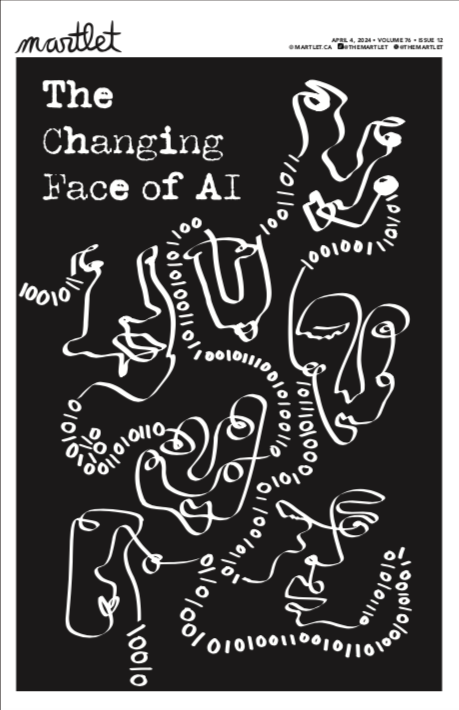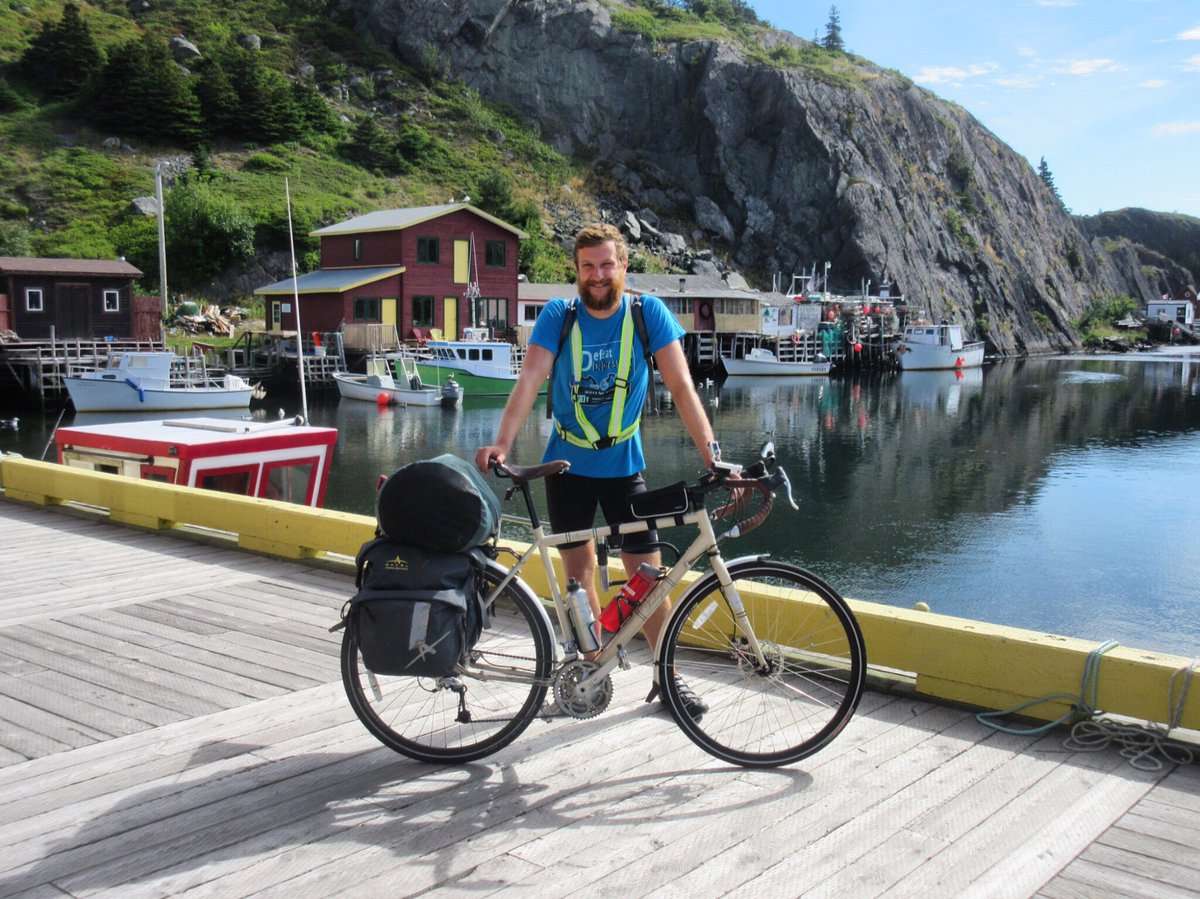Two years have passed since the crash claimed the lives of two UVic students

In September 2019, a bus with 45 UVic students and two teaching assistants rolled down an embankment on the way to the Bamfield Marine Sciences Centre (BMSC). Two UVic students, John Geerdes and Emma Machado, tragically lost their lives. Many others were left injured and grieving the loss of their classmates.
Following the incident, UVic commissioned an independent report, Conducting Field Schools to the Bamfield Marine Sciences Centre, which outlined 43 recommendations about the program’s operation and UVic’s emergency response actions.
The report was received in June 2020 and suggested the university develop its crisis response roles, reassess emergency management structure, and review communication protocols.
On July 7, 2021, UVic announced the implementation of the 43 recommendations — except those requiring a visit to the BMSC research facility once it reopens post-pandemic.
The remaining recommendations were to provide students involved in the accident with the opportunity to revisit the BMSC and offer them alternative transportation. They also recommended implementing hazard assessment tools for future bus trips.
“All the recommendations were important to us,” said acting Vice-President of Finance and Operations, Kristi Simpson, who chaired the UVic committee overseeing the implementation of recommendations from the report.
Report Recommendations
According to UVic’s concluding update from the Bamfield Recommendations Implementation Committee, the recommendations were organized into 11 projects and the first project was to develop a field planning and risk assessment tool.
This tool is a form that will be used by field school leaders to determine key elements of risk. The form includes mitigation strategies and scenario planning, which will be reviewed by UVic’s risk management team.
“[The tool] was recommended for Bamfield, but we actually developed it with the intent that it applies for all field schools on campus across all our different areas,” Simpson explained.
This tool has been tested with faculty members and improved using their feedback.
In the report, one student’s family commented that “a risk assessment would have shown that the road was too dangerous to drive, and the bus used was not appropriate.”
To remedy the perceived shortcomings noted by family members of crash victims, the report determined that higher-level planning would formalize risk and response protocols.
In the future, it would also forecast challenges that the Emergency Operation Centre (EOC) should address and encourage interdisciplinary case management strategies.
Beyond Recommendations
The Interdisciplinary Student Case Management Model was another change implemented by UVic. This model defined clear and effective communication strategies, established a new senior academic lead role, and outlined protocols for assisting students following a critical incident.
The report observed that, while there was no designated crisis management team, the Office of Student Life implemented a case management model for attending to student needs.
As affirmed by different divisions, such as the Office of Student Life, Department of Biology, and Counselling Services, this case management model worked well. However, the external report suggested that improvements could make this model “more inclusive and more quickly implemented” to better support student needs, improve coordination, and reduce staff burnout.
“[The high-demand student files] accounted for over 90% of [staff] workload for the entire fall term and into the spring term while these staff continued to cover their regular caseload,” the report read.
Simpson confirmed that the recommendations were around formalizing the model. The previous management program was specifically linked to on-campus events and, in response to the recommendations, the policies and procedures will be applied to a broader scope of activities.
Enhanced training for the Emergency Operation Centre (EOC) was also recommended, and Simpson said the university “took that one step further.” Besides more training for the EOC team, UVic developed specific unit training for several departments, including the Student Affairs team.
“We took all the recommendations to heart, implemented them fully, and where they should be more broadly implemented, we took the opportunity to do that,” said Simpson.
Road Safety Plans
In the external report, the families of the students involved in the accident asserted that the Bamfield Main road should be made safe for public travel.
Although this was not a recommendation for UVic, the university supported the Huu-ay-aht First Nations, BMSC, and others in advocating for improved road safety.
Upgrading the 76-kilometre-long unpaved gravel road has been a priority for the Huu-ay-aht First Nations. They recalled numerous serious accidents, including the loss of eight members in the last two decades.
After the accident in 2019, the provincial government formed a working group with the Huu-ay-aht First Nations and local forest companies for road safety improvements.
“As an institution, we have supported the Huu-ay-aht [First Nations’] longstanding efforts lobbying the government for road upgrades,” Denise Helm, acting executive director of university communications, told the Martlet. “They are the ones who have led this important work.”
This safety project was announced on Sept. 11, 2020, as part of the government’s COVID-19 revitalization plan, and the construction timeline will be set after the pandemic.
The estimated cost of the three-year upgrade is $30.7 million. The province will contribute $25.7 million, with the remaining $5 million coming from the Huu-ay-aht First Nations.
Current and Future Memorials
Once the BMSC reopens, the Huu-ay-aht First Nations will be consulted as co-hosts when providing students from the September 2019 trip with an opportunity to visit the research facility.
Students involved in the accident have expressed interest in visiting Bamfield to hold a memorial. UVic agreed to arrange this visit based on students’ desires.
“While there are no future memorials planned at this time, the university would consult with and support the students in any plans,” commented Helm.
With the report’s recommendations concluded, UVic has also taken steps to memorialize the legacy of those students tragically lost in the crash.
In fall 2020, UVic granted the Emma Machado Memorial Scholarship: an entrance award for an academically excellent student in the School of Earth and Ocean Sciences. Also, beginning in fall 2021, the John Geerdes Memorial Bursary will be awarded to an undergraduate student entering UVic, with preference given to an Indigenous student.
A memorial bench now stands in the Finnerty Gardens between the Metasequoia bed and Parrotia bed in their remembrance.
“We undertook this work with heartfelt sincerity,” Simpson said, adding, “we know that nothing we can do or say will make up for the loss of John and Emma and the effect this had on the students.”







